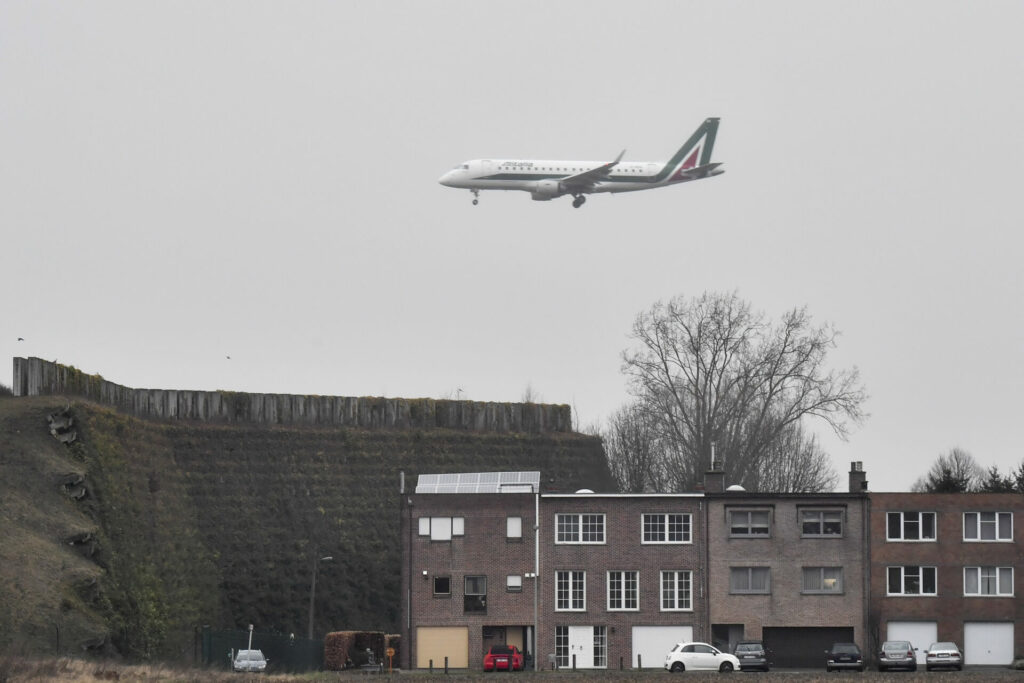More than ten years after the idea was first proposed, an agreement was reached on the European level to revise the 'Single European Sky' agreement to optimise flight routes and reduce both delays and CO2 emissions.
The European Commission proposed a revision of the rules in 2013 to better manage European airspace. However, the file was stuck with Member States until Brexit, forcing the executive to revise the proposal again in 2020. On Tuesday, the European Parliament and the Council finally reached a provisional agreement to optimise flight routes and reduce delays and CO2 emissions.
"Reducing the CO2 impact of aviation with more direct routes, better coordination of European airspace and variable charges for airlines: a historic step forward," said Belgian Mobility Minister Georges Gilkinet (Ecolo) on behalf of the Belgian Council Presidency.
He added that the agreement will also give Member States more tools to "limit the nuisance of aviation activities".
What is the agreement?
The adopted text will set out binding targets and incentives for airlines to make flights more efficient and environmentally friendly. This is in recognition that the existing airspace architecture hinders progress and causes "longer flights, higher emissions and unnecessary costs," according to Rapporteur Marian-Jean Marinescu (EPP).
"It is high time that we finally prioritised efficiency over nationalism to pave the way for safer, more cost-effective and environmentally friendly air transport in Europe."
The primary task for Eurocontrol – which manages EU flightpaths – is to ensure that private companies and operators can use flight paths optimised from an environmental and climate standpoint, whilst at the same time maintaining fairness and reducing congestion as much as possible.
The provisional agreement also includes the option of adjusting fees for "en route" services provided by air traffic controllers. This pricing flexibility aims to incentivise more efficient and sustainable practices while assuring adequate funding for airlines. An independent advisory committee would help the Commission and the Member States to implement these plans.
The Commission will also have to examine how charges on airlines and private operators can encourage them to use more fuel-efficient routes or cleaner technologies.
Related News
- Ryanair ticket prices likely to increase this summer
- Government given six months to come up with new flight routes at Brussels Airport
- Belgium in Brief: The unfair advantage that keeps airlines on top
If all the conditions of the agreement are met, the measures would make it possible to reduce the CO2 emissions generated by air traffic by 10%. But Gilkinet stressed that "much remains to be done to make the sector carbon neutral," a target set for 2050 by the UN's International Civil Aviation Organisation.
The provisional agreement must still be approved by EU Member States and Parliament's Transport and Tourism committee, and then the Parliament and Council.

